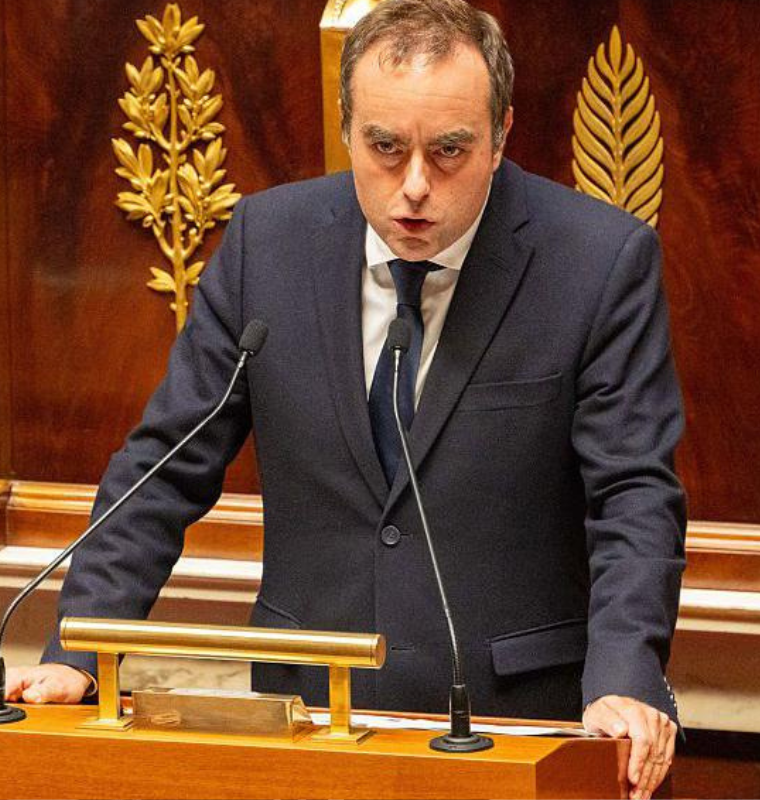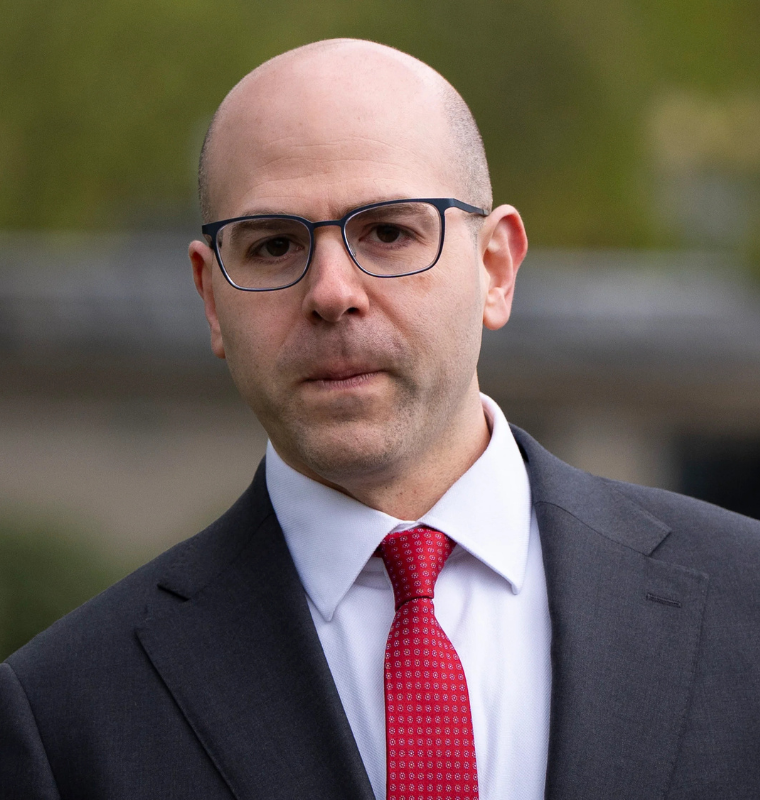Elon Musk’s xAI Approved to Use Natural Gas Turbines for Grok Supercomputer Despite Environmental Concerns
Elon Musk’s xAI Approved to Use Natural Gas Turbines for Grok Supercomputer Despite Environmental Concerns
By
Rachel Steinberg
Last updated:
July 4, 2025
First Published:
August 3, 2025

Photo: MSN
xAI Gets Green Light Amid Local Resistance
Elon Musk’s artificial intelligence company, xAI, has officially received environmental permits to operate 15 natural gas-burning turbines at its high-demand Grok supercomputer facility in Memphis, Tennessee. The permits were issued by the Shelby County Health Department on July 2, according to public documents released this week.
The approval comes despite months of public opposition, environmental protests, and ongoing legal challenges — including a pending lawsuit from the NAACP that accuses xAI of violating the Clean Air Act.
Under the permit, xAI must comply with strict emissions caps, testing protocols, and operational deadlines. Any violation could result in daily fines of up to $10,000 per incident.
Health Risks and Pollution Fears Intensify
Community members near the Colossus supercomputing site have raised alarm over worsening air quality since the turbines began limited operations. Local residents reported difficulty exercising outdoors and keeping windows open due to strong odors and visible haze in the area.
According to documentation from Solaris Energy Infrastructure (SEI) — the Houston-based company that installed the turbines — the generators release nitrogen oxides (NOx) and formaldehyde, both of which pose health risks. NOx is a known precursor to ground-level ozone, a pollutant linked to respiratory disease and increased mortality.
The Southern Environmental Law Center, which is representing the NAACP, stated that satellite imagery from July 1 showed at least 24 turbines onsite, exceeding the permitted limit of 15. The group previously recorded up to 35 turbines on the property, raising concerns about unauthorized operations.
xAI’s Defense: Cleaner Than the Rest?
In a statement to CNBC, xAI defended its operations, claiming its on-site power infrastructure would be “equipped with state-of-the-art emissions control technology” and would be “the lowest emitting facility of its kind in the U.S.”
xAI says the turbines are critical to maintaining stable and immediate power supply for Grok — especially as the company ramps up efforts to rival major AI players like OpenAI (ChatGPT) and Google (Gemini). The Grok chatbot, which integrates directly into the social platform X (formerly Twitter), relies heavily on real-time high-performance compute power.
Financing and Future Expansion
Just days before the permit was granted, xAI secured $10 billion in combined debt and equity financing, with Morgan Stanley leading a portion of the raise. The company has ambitions to build an even larger datacenter adjacent to Colossus, once again using SEI’s rapid-deployment natural gas generators.
Earlier this year, xAI acquired the social media platform X. The two entities are now valued at a combined $80 billion, and the Memphis buildout is central to Musk’s vision of integrating AI, social media, and infrastructure into a single, vertically aligned tech ecosystem.
Tesla’s Stake in the Project
Financial filings show Tesla has also benefited from the Memphis project. xAI reportedly spent $191 million in 2024 and another $36.8 million through February 2025 on Tesla’s Megapack energy storage systems — large-scale battery backup units that supplement power to the data center.
This cross-company collaboration highlights the growing synergies between Musk’s various ventures, which include Tesla, SpaceX, Neuralink, The Boring Company, and now xAI.
Environmental Scrutiny and Legal Hurdles Ahead
The legal fight is far from over. Environmental advocates and local communities argue that natural gas power undermines clean energy goals, especially in a region where communities of color have historically suffered from industrial pollution.
With legal pressure mounting and more detailed investigations expected, xAI’s path forward in Memphis may still be shaped by the courts, community opposition, and regulatory scrutiny.
Despite the backlash, xAI’s leadership remains undeterred, framing the buildout as essential to American AI competitiveness. As the AI arms race accelerates, the tension between energy demand, innovation, and environmental accountability will likely become a national debate — with Memphis as a high-profile case study.
Popular articles
Subscribe to unlock premium content
The Digital Stage Economy: How Virtual Concerts Are Turning Pixels Into Profits

The Festival Economy: How Cultural Celebrations Turn Into Massive Markets

The Nostalgia Effect: How the Past Drives Modern Buying Decisions

The Digital Stage Economy: How Virtual Concerts Are Turning Pixels Into Profits

The Festival Economy: How Cultural Celebrations Turn Into Massive Markets

The Digital Stage Economy: How Virtual Concerts Are Turning Pixels Into Profits









